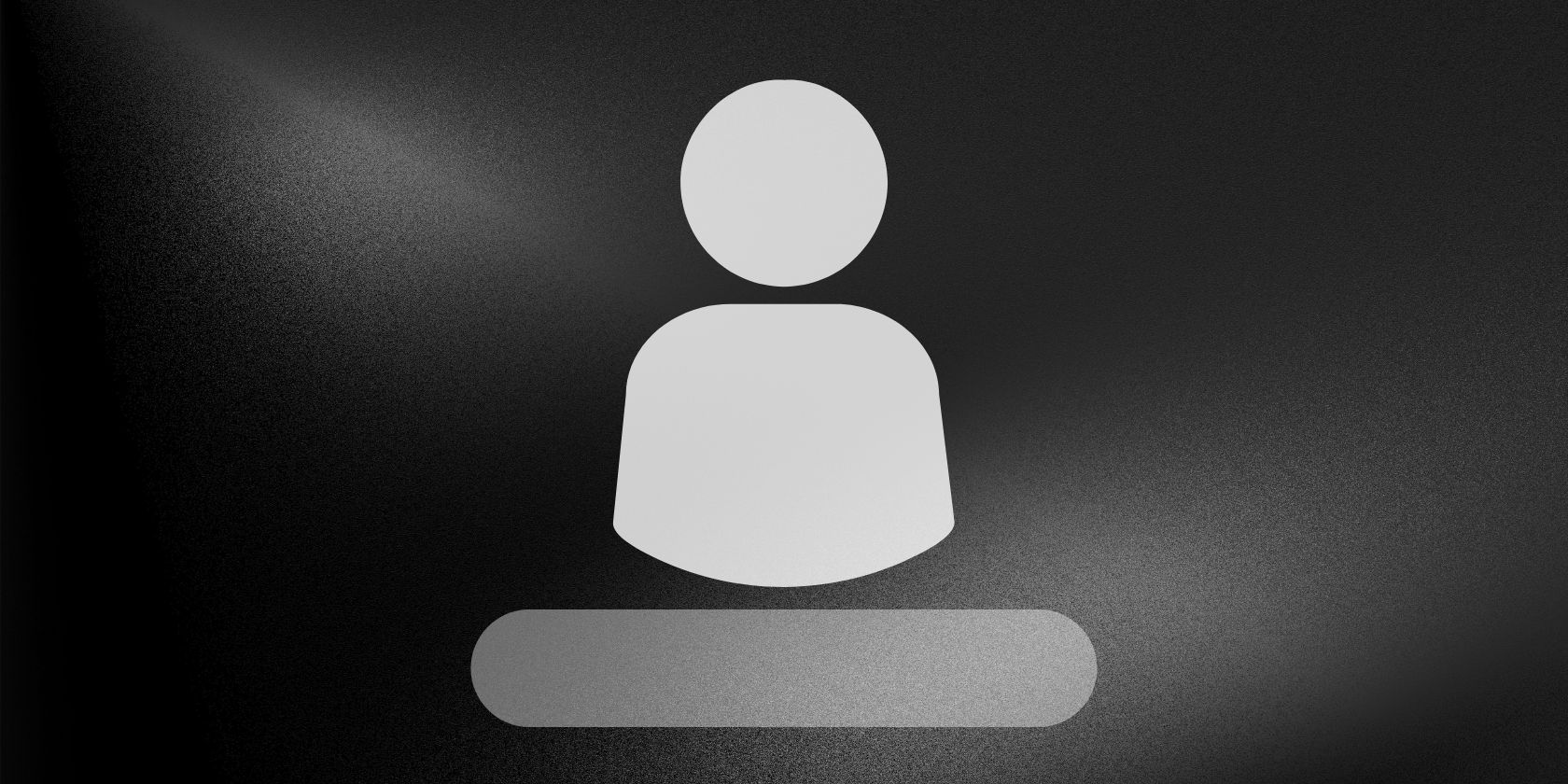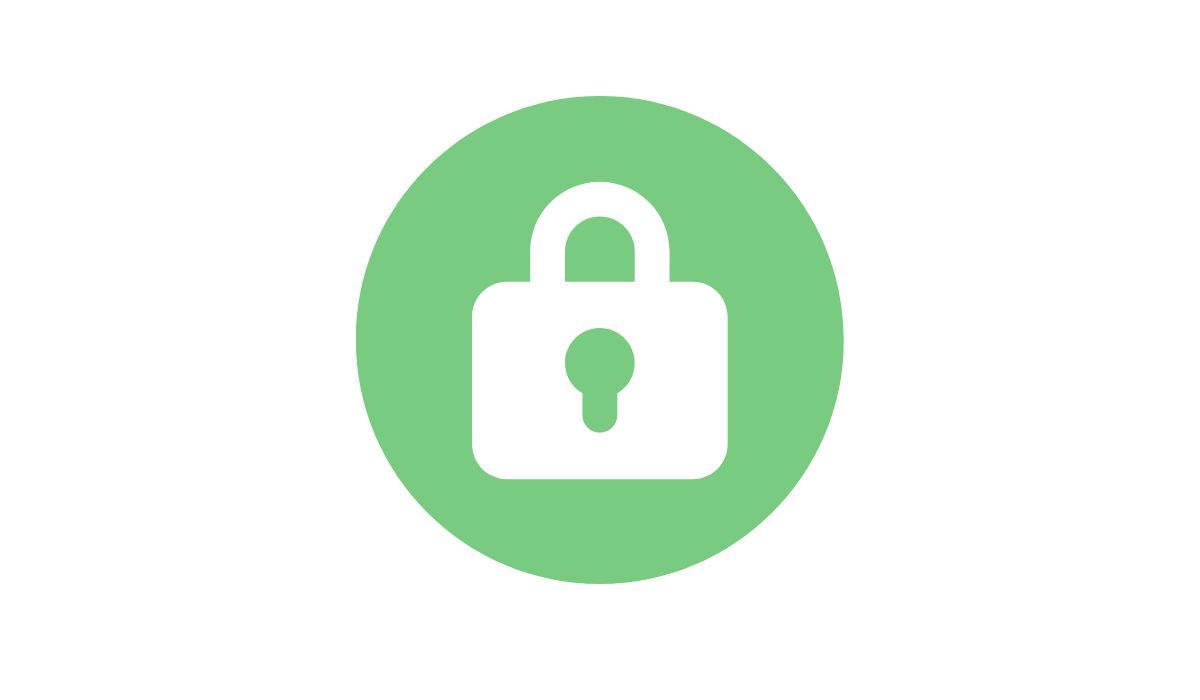A username (user ID, account name, or nickname) is a combination of characters that uniquely identifies a user on a computer or network.
Many online platforms and apps require usernames, which are often public and can be viewed by other people. But how many of us pay attention to username safety? Very few, even though usernames are an important component of information security.
5 Things to Keep In Mind When Making a Username
At this point, most people know what a good password looks like: it is long, complex, and contains upper and lowercase letters, as well as numbers and special characters.
But what makes a safe and private username, and how does one go about creating one? The process is actually pretty straightforward, as long as you keep the following five things in mind.
1. Make Your Username Unique and Memorable
When creating a username, make sure that it is unique and memorable. So, instead of using generic terms, use phrases that mean something to you. Think of it like creating a security question: you can reference your favorite book or TV show, include numbers that have a special meaning, or even use a keyboard pattern.
This will create an additional layer of protection in case somebody tries to access your account or compromise your security in some way, but won't cause you too much of a headache. Ideally, your username should be easy to remember, but difficult to guess.
2. Never Reveal Personal Information
Your username should never contain personal information, especially not your name, nickname, age, year of birth, or anything of the sort. Including this type of information in your username is never a good idea, however convenient it may appear.
Doing so would make you more vulnerable to different types of social engineering attacks, and also make it much easier for a threat actor to guess your username if it's not public. In short, connecting the dots to figure out ones real identity is much easier than it seems, so being mindful of what you share is key.
3. Store Your Username Safely
Even if you do come up with an easy-to-remember username, there's always a chance you'll forget it, especially if you don't use that account very often. This is why it's important to store your username, and do so safely.
Obviously, you should not store it in your browser, on your computer, or on a post-it note—that would defeat the purpose. But storing your username in a notes app on your password-locked phone is a decent option. Alternatively, you could download a password manager and store it safely there.
4. Never Reuse Usernames
You should never use the same username on more than one site. If you do, and just one of your accounts is compromised, the rest will also be at risk. Plus, reusing passwords and usernames will make you more vulnerable to brute force attacks and similar types of cybercrime.
And then there's also the possibility of having your privacy violated. Think of it this way: if you're using the same username for Reddit and Twitter, and your real name is attached to the latter, you're pretty much asking for trouble.
5. Your Username and Your Email Are Not the Same
People forget their usernames and passwords all the time, but who can't remember their email? Using your email as your username may be tempting, but it's definitely the wrong move.
In fact, using just a part of your email (the part before the "@") as a username could lead to all sorts of security and privacy issues, since email addresses are often exchanged between various parties. They also sometimes leak, or are posted publicly. Additionally, remember that email is often used for multi-factor authentication, so if a threat actor knows your email address, they may be able to bypass it.
Forgot Your Username? Use a Password Manager
If you'd rather not come up with your usernames yourself, using a username generator may seem like a good option, and there are plenty of them online. But it's unclear if they are 100 percent safe, which is why you should use a password manager instead—many of them have username generators nowadays. Some are completely free, and require no downloads or signups.
1Password's username generator offers two different options: you can choose a completely random username, or a memorable one. The random ones are good when you need to create a temporary account somewhere, because they are basically just a string of letters and numbers. But the memorable ones are great if you need a real username. Not only are they easy to remember; you can also choose the length, add capitalization, and so on.
NordPass, meanwhile, has a rather impressive username generator that lets you write a seed word from which usernames are created. Then, you can choose the length of your username, let the tool replace letters with symbols, include certain keywords, and so on. NordPass' username generator also scans popular social networks to see if a username is available. So, when you create one, click the little eye icon to check if it's available on Reddit, YouTube, Twitch, Pinterest, and other popular platforms.
Secure Your Online Identity With a Private Username
There's a reason you need a username and password to access your accounts. Your username serves as an identifier, and tells a computer or network who you are. Your password, meanwhile, is an authenticator that confirms you are the owner of the account you are logging into.
Private usernames and strong passwords are a must if you want to keep personal information secure. Keep that in mind the next time you register an account somewhere, and remember that you are only as safe as your weakest user credentials.


